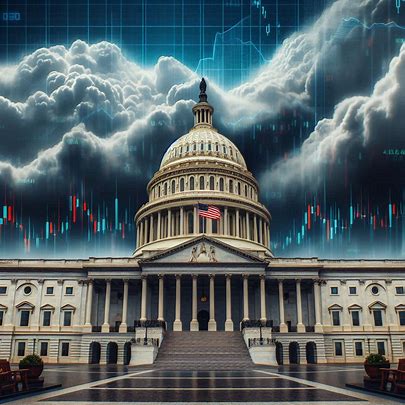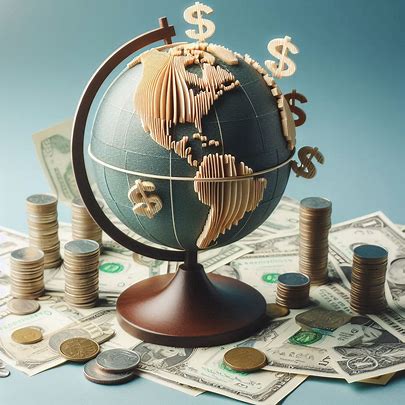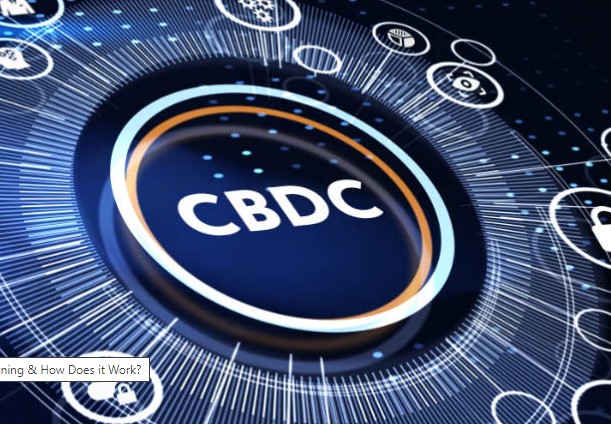Post-World Cup Boom: Finance, Energy, and Infrastructure Jobs Driving Qatar’s Talent Surge (2025–2026)

Qatar’s GDP is forecast to grow 5.6 percent in 2025, a pace that places the country among the fastest-expanding economies globally. This growth is no longer tied to tournament deadlines or temporary construction cycles. It reflects a deeper shift, where finance, energy, and infrastructure hiring has moved from project-based to permanent. The World Cup was a launchpad, not a peak.
After the final whistle faded, many expected a slowdown. Instead, hiring accelerated. LNG expansion, public investment, and steady governance created confidence for long-term planning. For professionals scanning global jobs in Qatar, Doha now feels less like a short posting and more like a career destination with staying power.
From Stadiums to Spreadsheets
The World Cup reshaped Qatar’s infrastructure, but its economic aftershock reshaped balance sheets. Major LNG expansion projects, led by QatarEnergy, are moving into multi-year execution phases. Each phase needs finance teams that can manage budgets, contracts, audits, and risk at scale.
Industry analysts estimate that LNG expansion alone will create more than 8,000 finance and accounting roles by 2027. These are not junior posts. Demand is strongest for finance managers, project controllers, compliance leads, and treasury specialists who can operate in complex, regulated environments.
Infrastructure funds are also active. Ports, logistics zones, transport links, and industrial clusters continue to attract capital. Every new fund structure brings demand for analysts, reporting specialists, and internal audit professionals.
Learn more about how large industrial projects are funded here – Mining Equipment Financing: A Strategic Approach in a Politically Charged Industry.
Why Political Stability Matters More Than Ever
Economic growth draws attention, but stability keeps people. Qatar now ranks first in the Middle East for political stability and ease of hiring expatriates. For global talent, this matters as much as salary.
Clear visa pathways, predictable regulation, and consistent policy reduce career risk. Professionals relocating from Europe, Asia, or North America are choosing Doha because they can plan three to five years ahead. Families can settle. Employers can invest in long-term teams.
This stability also reassures multinational firms. Banks, insurers, and advisory firms are expanding regional hubs in Qatar, confident that leadership changes will not disrupt strategy.
The Real Numbers Behind Doha’s Finance Salaries
Compensation is a major driver, but transparency helps decisions. The average finance manager package in Doha now ranges from $180,000 to $250,000 tax-free. Housing allowances, schooling support, and annual flights are common additions.
These packages reflect competition. Firms are not only hiring locally. They are competing with Singapore, London, and Dubai for the same talent pool. To win, they offer clean contracts and predictable bonuses rather than inflated titles.
For mid-career professionals, this balance of income and stability is hard to match elsewhere.
Energy, Banking, and Funds Are Hiring Together
What makes this cycle different is coordination. Energy projects drive capital flows. Banks finance them. Infrastructure funds manage long-term returns. This creates a connected hiring surge across sectors.
Qatar National Bank continues to expand corporate finance and risk teams. Infrastructure funds are hiring reporting and compliance specialists. Energy firms are building internal finance units rather than outsourcing.
Professionals tracking jobs in Qatar are seeing postings that did not exist five years ago, especially roles combining finance with project oversight or regulatory knowledge.
Why 2025–2026 Is a Window, Not a Wave
Hiring booms do not last forever. What makes the current moment unique is timing. Projects are funded. Policies are stable. Global firms are still forming teams rather than replacing them.
Platforms like JobForSA now update Qatar roles daily, pulling listings from QatarEnergy, QNB, and infrastructure investors as soon as they open. Early movers gain choice, not just access.
For professionals considering relocation, the next 18 months offer leverage. Waiting may mean fewer options and tighter competition.
Conclusion: Doha’s Shift From Event Economy to Career Hub
Qatar has moved past the idea of a post-World Cup hangover. The country is building an economy designed for continuity, backed by energy revenue and steady governance. Finance professionals are central to this plan.
For global talent evaluating jobs in Qatar, 2025–2026 stands out as a rare period where growth, stability, and compensation align. Doha is no longer just a place to work for a project. It is becoming a place to build a career.

 Political campaigns and economic debates have shifted from traditional TV ads and town halls to curated content, strategic hashtags, and viral reels. Instagram has evolved into more than a photo-sharing app. It has now become a stage where politicians, advocacy groups, and thought leaders compete for attention, votes, and economic influence.
Political campaigns and economic debates have shifted from traditional TV ads and town halls to curated content, strategic hashtags, and viral reels. Instagram has evolved into more than a photo-sharing app. It has now become a stage where politicians, advocacy groups, and thought leaders compete for attention, votes, and economic influence.





 Global economic trends can significantly influence property markets worldwide, including Costa Rica. This Central American country has become a magnet for international buyers thanks to its stable economy, stunning landscapes, and welcoming lifestyle. However, factors like currency fluctuations, inflation, and global interest rates can surprise the real estate market.
Global economic trends can significantly influence property markets worldwide, including Costa Rica. This Central American country has become a magnet for international buyers thanks to its stable economy, stunning landscapes, and welcoming lifestyle. However, factors like currency fluctuations, inflation, and global interest rates can surprise the real estate market. The precious gem market is valued at over $23 billion annually. This vast industry has faced challenges related to transparency and security for years. Buyers often struggle to verify the authenticity of gems, while sellers risk fraud. Smart contracts are emerging to solve these problems, promising to enhance how transactions are conducted in this market. By automating processes and ensuring that all parties fulfill their obligations, smart contracts can transform the buying and selling of precious gems.
The precious gem market is valued at over $23 billion annually. This vast industry has faced challenges related to transparency and security for years. Buyers often struggle to verify the authenticity of gems, while sellers risk fraud. Smart contracts are emerging to solve these problems, promising to enhance how transactions are conducted in this market. By automating processes and ensuring that all parties fulfill their obligations, smart contracts can transform the buying and selling of precious gems. Escalating Trade Tensions
Escalating Trade Tensions











